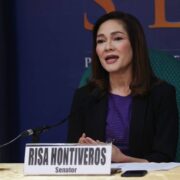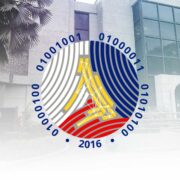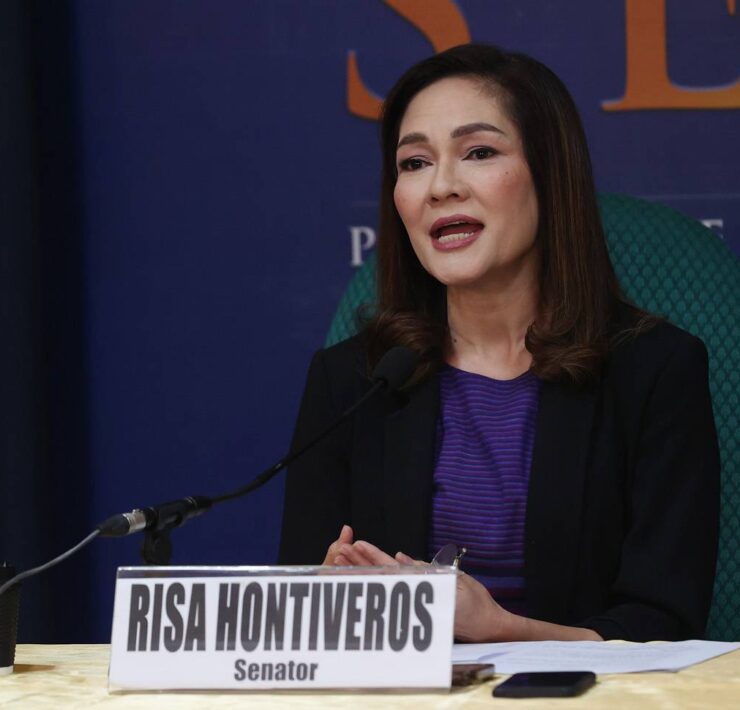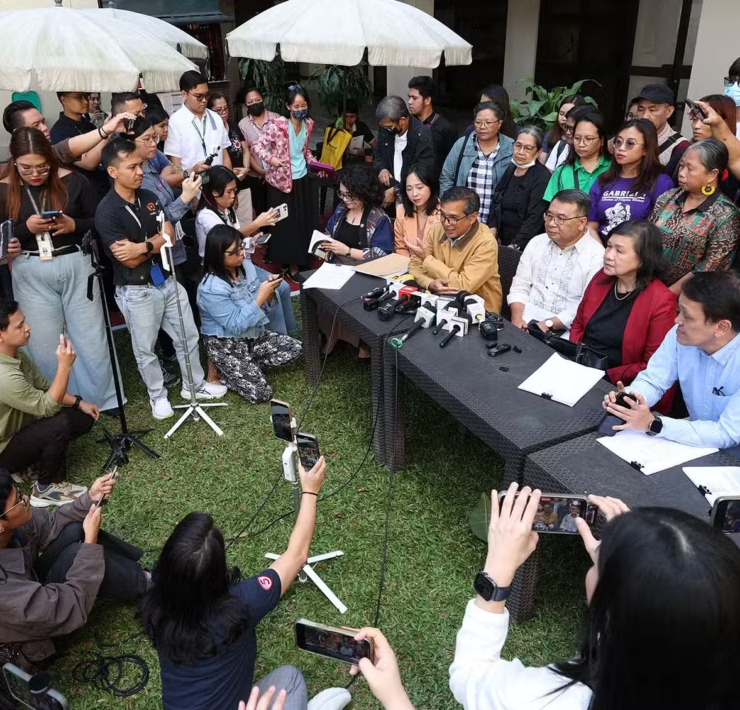Biz groups cheer right of way, foreign lease reforms

The Makati Business Club (MBC) on Tuesday cheered the passage of three key reforms seen to boost investment, speed up infrastructure projects, and enhance government transparency.
In a statement, the MBC congratulated Congress for approving amendments to the Right of Way (ROW) Act, the Foreign Investors’ Long-Term Lease Act, and the E-Governance Act.
“These reforms are aligned with our advocacies for improvements in governance, infrastructure, and transparency, which we see as key drivers to attract more investors and create more jobs,” the club said.
“We hope that the proper implementation of these reforms will achieve the intended goal of enhancing the country’s competitiveness,” the MBC said.
The Filipino Chinese Chambers of Commerce and Industry Inc. (FFCCCII) also welcomed the passage of the ROW Act and the long-term lease law for foreigners.
It said the business sector had been urging the government for years to enact these reforms to attract more foreign direct investments and ease bottlenecks in vital infrastructure development.
The FFCCCII said the two measures could unlock fresh foreign capital and accelerate infrastructure rollout across the country.
Compensation issues
The Accelerated and Reformed Right-Of-Way Act (Arrow) that will amend the ROW Act is expected to fast-track major infrastructure projects by streamlining land acquisition processes to reduce costly delays.
One of the major challenges previously faced in infrastructure development was the slow, complex, and often contentious process of acquiring private land for public use that led to significant delays, budget overruns and, in some cases, project cancellations.
“There were problems in the acquisition of the right-of-way. It was a recurring problem for infra projects which eventually caused delays in its accomplishment resulting in economic losses to the government,” Sen. Mark Villar, who formerly headed the Department of Public Works and Highways, said in his sponsorship address.
For instance, ROW issues have delayed the completion of a key segment intended to link the North Luzon Expressway–South Luzon Expressway (NLEx-SLEx) Connector Road to the Metro Manila Skyway Stage 3, a critical infrastructure connection meant to ease traffic and improve travel time across Metro Manila.
Delayed major projects
Vital projects such as the Metro Manila Subway and Metro Rail Transit Line 7 (MRT 7) have encountered numerous delays due to issues related to ROW acquisitions, primarily on the issue of land valuation.
The amended law aims to address these issues by simplifying legal procedures, clarifying compensation mechanisms, and strengthening government authority to negotiate or expropriate land when necessary.
It addresses the issue of compensation, one of the most common causes of ROW delays, by updating the standards for assessing the value of property subject to negotiated sale using Republic Act No. 12001, or the Real Property Valuation and Assessment Reform Act, that took effect in January this year.
Long-term investors
It establishes a standardized system for real property valuation in the Philippines by mandating the use of a Schedule of Market Values (SMV) as the single basis for property valuation across all government agencies and for various real estate transactions.
The changes to the Foreign Investors’ Long-Term Lease Act aim to encourage more foreign capital by easing restrictions on long-term leases.
A major challenge often cited for foreign investors in the country has been the limited ability to secure land for extended periods, which made long-term planning and investment riskier.
Previously, restrictions on lease duration contributed to uncertainty for businesses looking to establish manufacturing facilities, logistics hubs, or large-scale developments.
By extending the allowable lease period to 99 years from 75 years previously, the amendments bring the Philippines more in line with regional competitors such as Singapore (99 years), Malaysia (99 years), and Indonesia (95 years) and provide foreign investors with the security and stability needed for significant capital commitments.
Digital access, efficiency
The E-Governance Act, meanwhile, seeks to promote transparency and efficiency by expanding digital access to government services.
One of the persistent challenges in government processes has been bureaucratic inefficiency and lack of transparency, often resulting in delays, corruption, and limited public access to essential services.
Many of these government processes still rely on manual or paper-based systems, which are time-consuming and prone to human error.
By mandating the digitization of public services and integrating platforms across agencies, the E-Governance Act aims to reduce red tape and improve the overall ease of doing business.





















